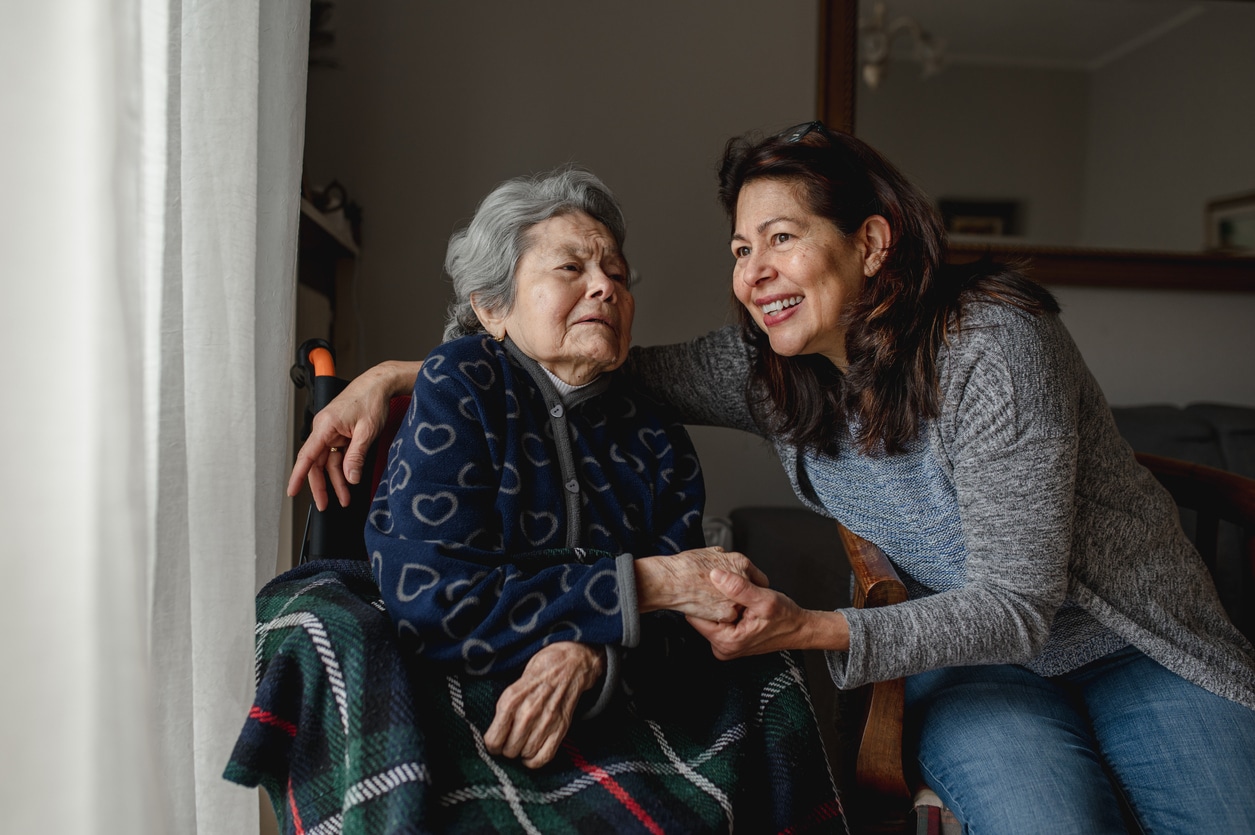As our loved ones experience changes in their memory, even the simplest tasks can become frustrating and heartbreaking. Witnessing our parents or loved ones fade and become dependent is incredibly difficult.
While coping with these changes may seem challenging, it’s important to remember that it’s equally frustrating and challenging for them. However, there are strategies that can make their daily routines less stressful and easier for everyone involved.
Five essential tips for memory care caregivers:
1. Cultivate Patience
Maintaining a sense of calmness is crucial when caring for someone with dementia. Losing patience, which can happen quite easily, only adds to the stress and frustration experienced by your loved one. Remaining calm and avoiding overextension is key. It’s important to understand their abilities and limitations, as this knowledge will make the caregiving journey smoother.
In some cases, more than one caregiver may be required. If family members are available to assist, that’s great. However, enlisting the help of a professional caregiver might also be necessary. If this is the case, involve them in the decision-making process, even if it proves challenging.
See also: Balancing Caregiving and Self-Care
2. Establish a Routine
Creating a daily routine for your loved one is an effective way to bring stability to their life. This routine should encompass bathing, mealtime, social interactions, and other household tasks. Establishing a predictable schedule reduces the chances of unwanted behaviors.
Given the potential triggers throughout the day, maintaining a structured routine helps minimize surprises and resistance, especially when it comes to appointments. Inform your loved one about upcoming appointments well in advance, considering their current cognitive state, to avoid resistance or undue distress.
3. Utilize Memory Aids
Providing small reminders can significantly aid your loved one in navigating their daily life. Forgetting the location of items or their intended purpose can be incredibly frustrating. To mitigate this, consider placing little notes on various objects. These reminders can serve as daily cues, helping your loved one remember the purpose and location of important items.
Alternatively, verbally guiding them through situations might be more effective. Additionally, visual aids such as charts, maps, and diagrams can serve as gentle reminders for necessary tasks or objects.
See also: 7 Ways to Keep Your Brain Sharp as you Age
4. Ensure a Safe Environment
Creating a safe living space for your loved one is paramount. Remove potential hazards such as loose rugs or carpets that may cause them to trip or fall. Take extra precautions with furniture that has sharp edges or breakable surfaces, such as glass-topped tables.
Safeguard potentially dangerous appliances like stoves and microwaves. If necessary, consider locking drawers or cupboards that contain sharp objects. Install nightlights or motion-activated lights to improve visibility. If wandering is a concern, restrict access to certain areas by locking doors and closing off staircases when your loved one may be unsupervised.
In the bathroom, consider installing a walk-in tub or shower stall for easier access and provide clothing with Velcro fastenings instead of buttons, laces, or small zippers.
Download our eBook: How to create a safer home
5. Simplify Daily Activities
Avoid complicating tasks for your loved one. Since this journey is likely to be a long one, seek ways to simplify everything you do together. Look for hobbies or household items that can enhance their well-being. Opt for large-print books, jigsaw puzzles with oversized pieces, and remotes with large buttons. Ensure easy access to essential items without unnecessary complexity. By allowing them to enjoy their day without pressure, you encourage a more relaxed environment.
If you have concerns about their safety, consider providing them with a medical alert system. This device allows them the freedom to engage in activities they enjoy while being within reach of medical assistance should the need arise. It provides necessary information about your loved one and your contact details, offering peace of mind for everyone involved.
In conclusion, caring for individuals with memory loss requires patience, routine, memory aids, a safe environment, and simplicity in daily activities. By implementing these essential reminders, you can create a more supportive and comfortable environment for your loved ones while navigating the challenges of memory care.




